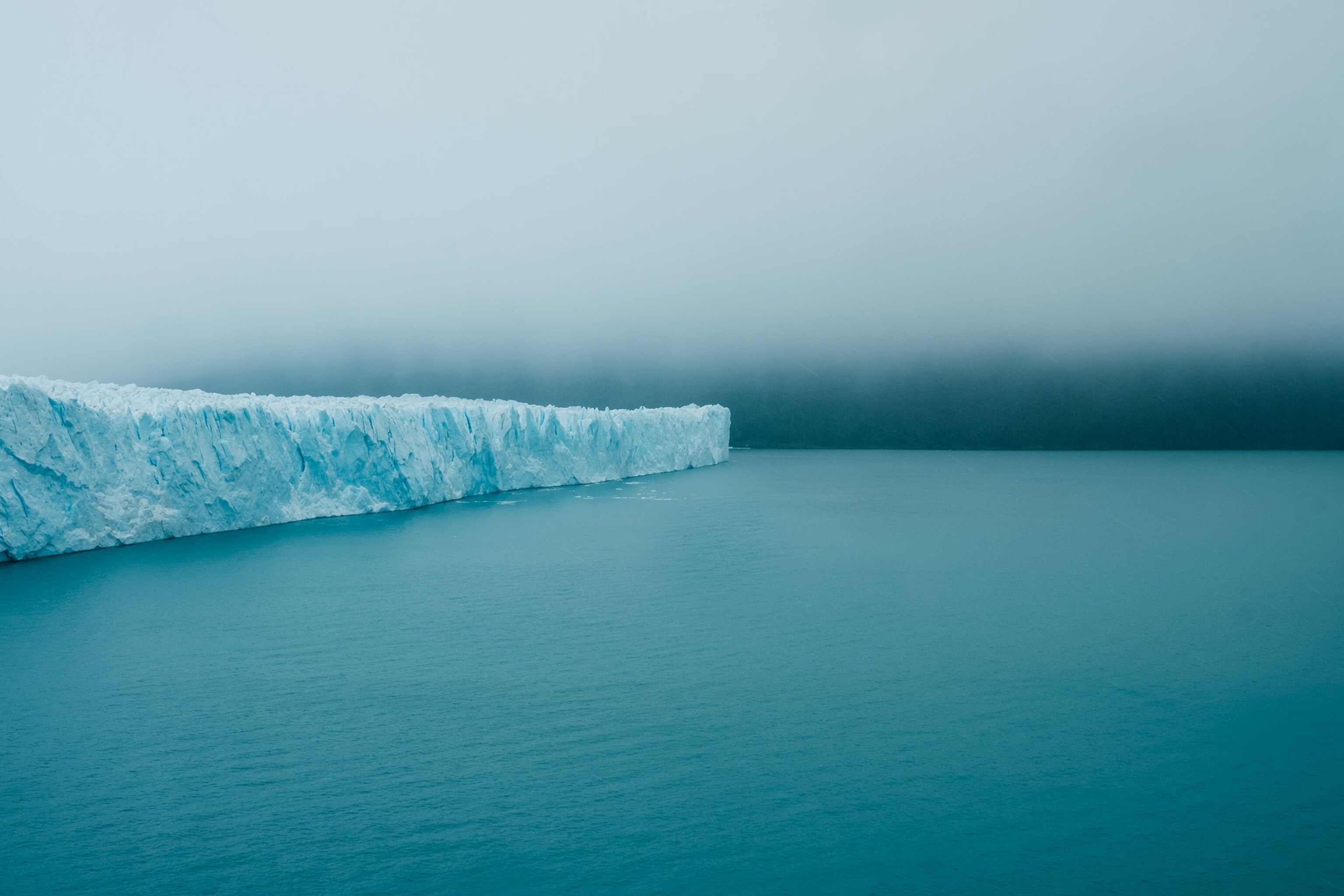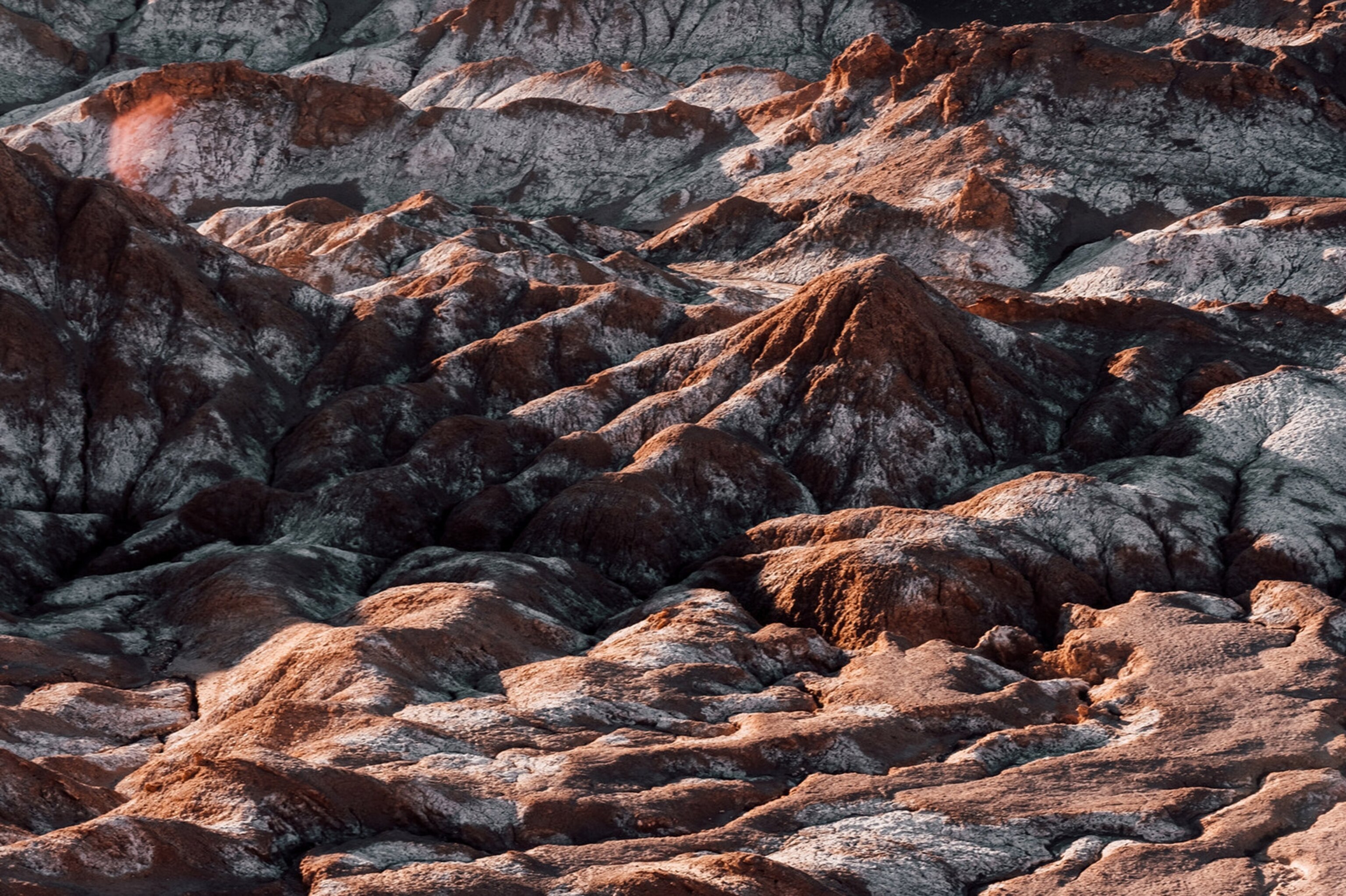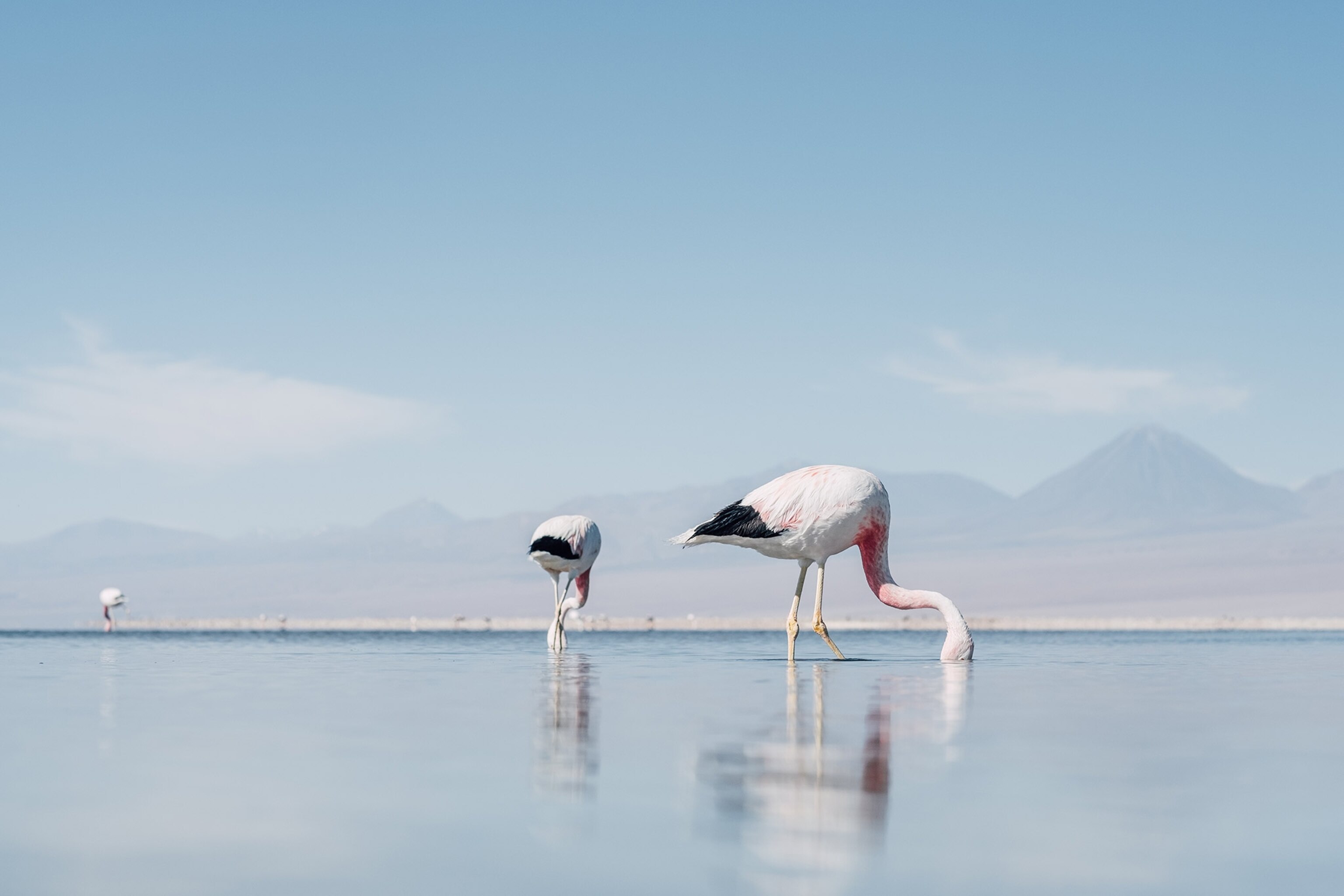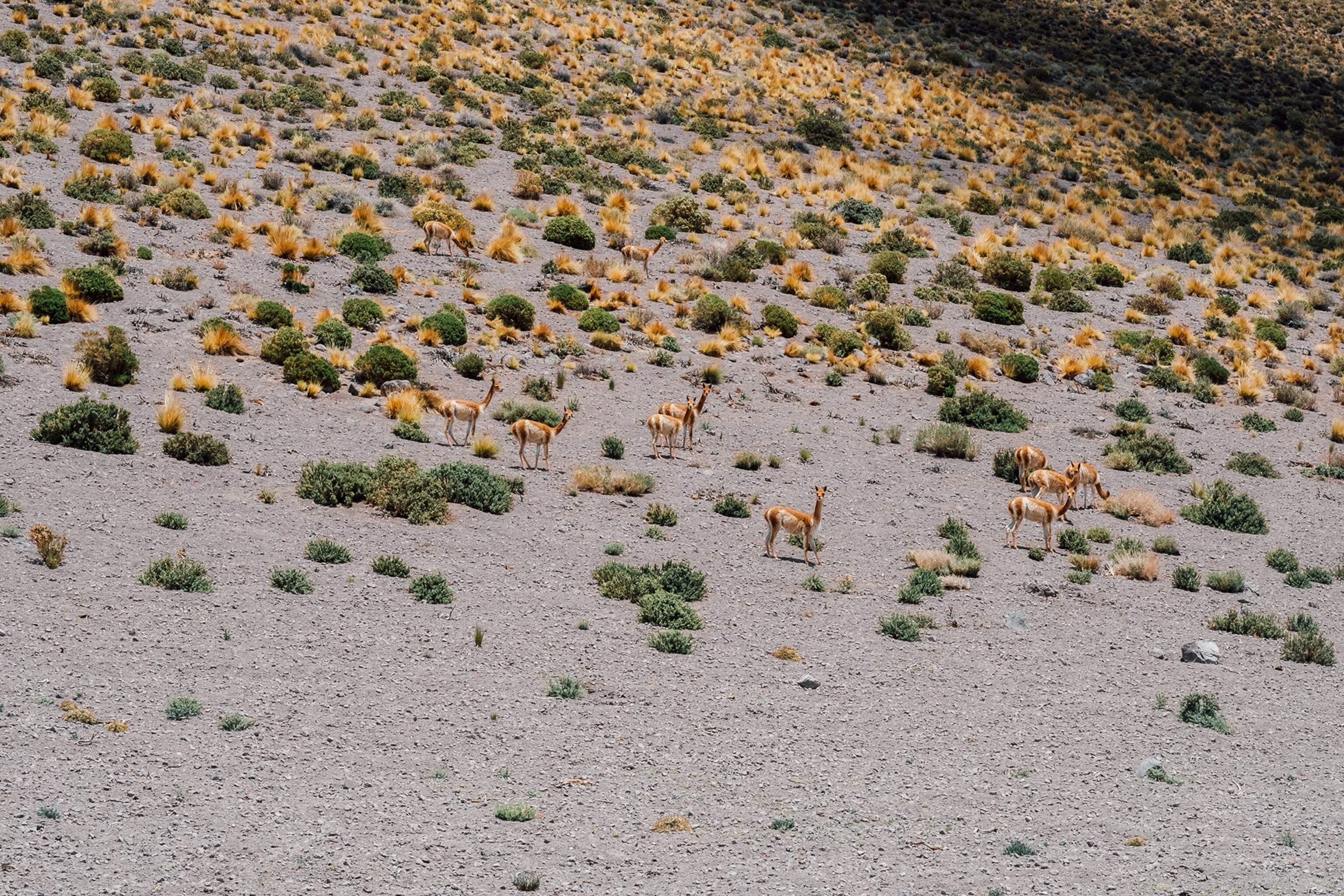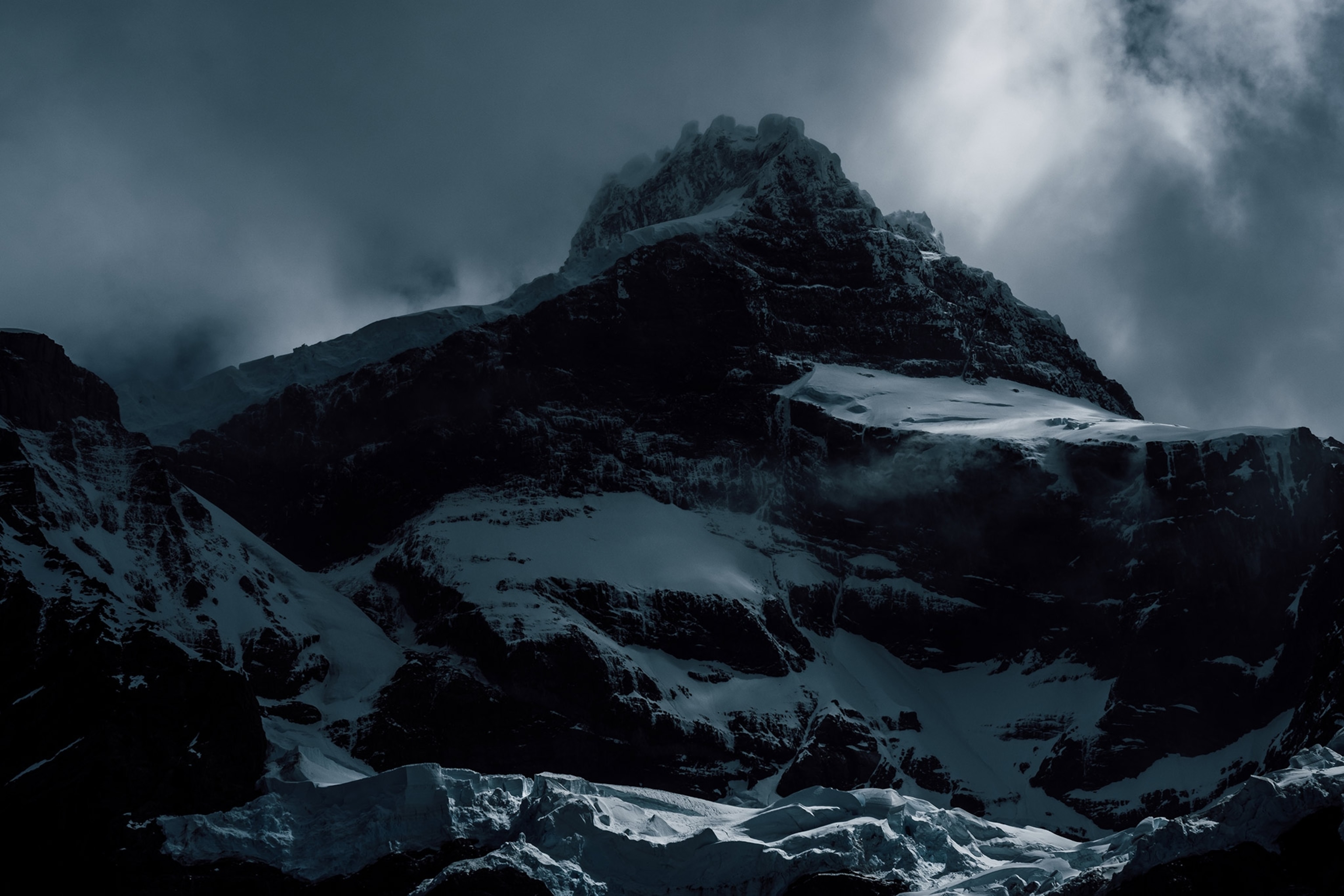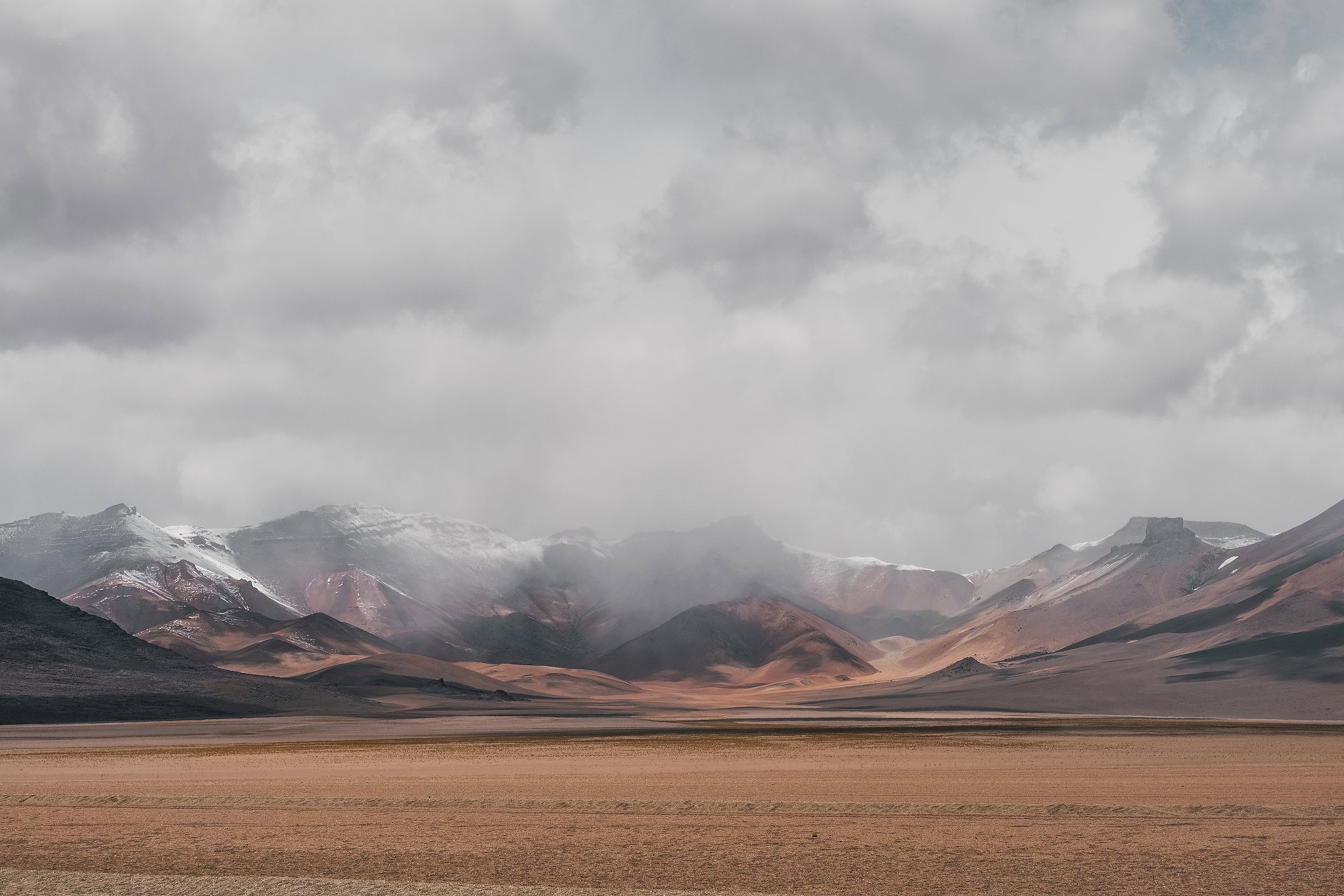Moody Photos of South America's Natural Wonders
See how this photo contest photographer found a rainbow of color and emotion on his South American road trip.
Moody landscapes, otherworldly topography, and ever-changing weather lured photographer and 2018 Travel Photographer of the Year contest entrant Guillaume Flandre to South America to explore the Patagonia region, Atacama Desert, and other wonders throughout Chile, Argentina, and Bolivia.
The omnipresent clouds that deter some travelers instead encouraged Flandre to capture striking images of his experience. He eventually named the series of photographs he made, Fire and Ice. “A theme started to show … the contrast between the hot red desert, the cold blue glaciers, and wet, green Patagonia. The trip was a fireworks-display of colors and landscapes I had never seen, or even imagined existed,” Flandre says.
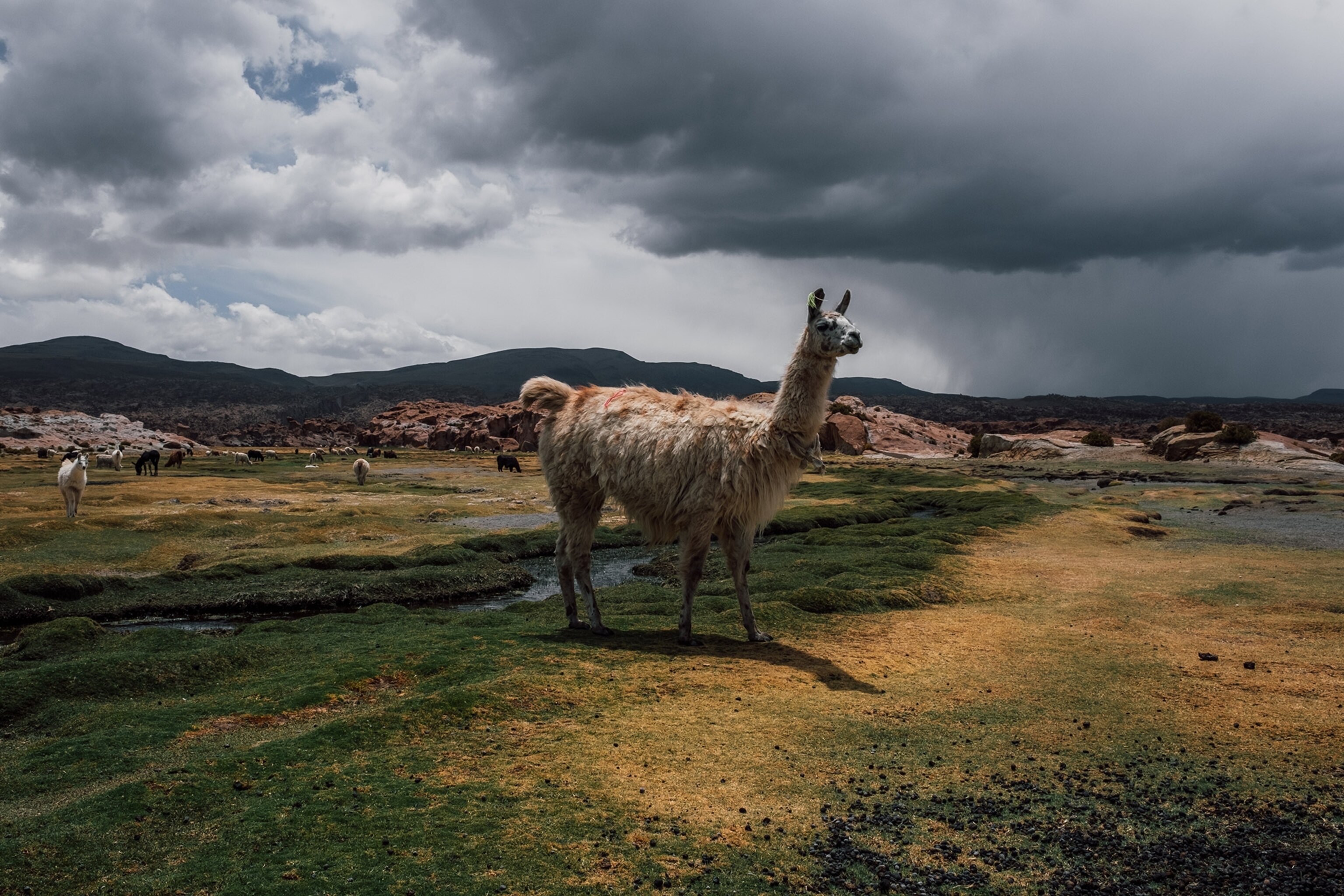

Emotional Landscapes
To capture the emotional weight of the unpredictable weather and the contrasting light that filled the land, Flandre underexposed his images to enhance the already temperamental climate. “These regions naturally have changing weather, which creates great contrast between dark clouds and parts of the land that are very bright. It is one thing to hear about the force of nature, about extreme conditions, and it is another thing to actually experience it firsthand.” Flandre trudged through cold, sharp winds and torrential rain to camp, while reflecting on the region ensconcing him. “It was one of the coldest and longest nights in my life, but looking back, it was totally worth it,” Flandre recalls.

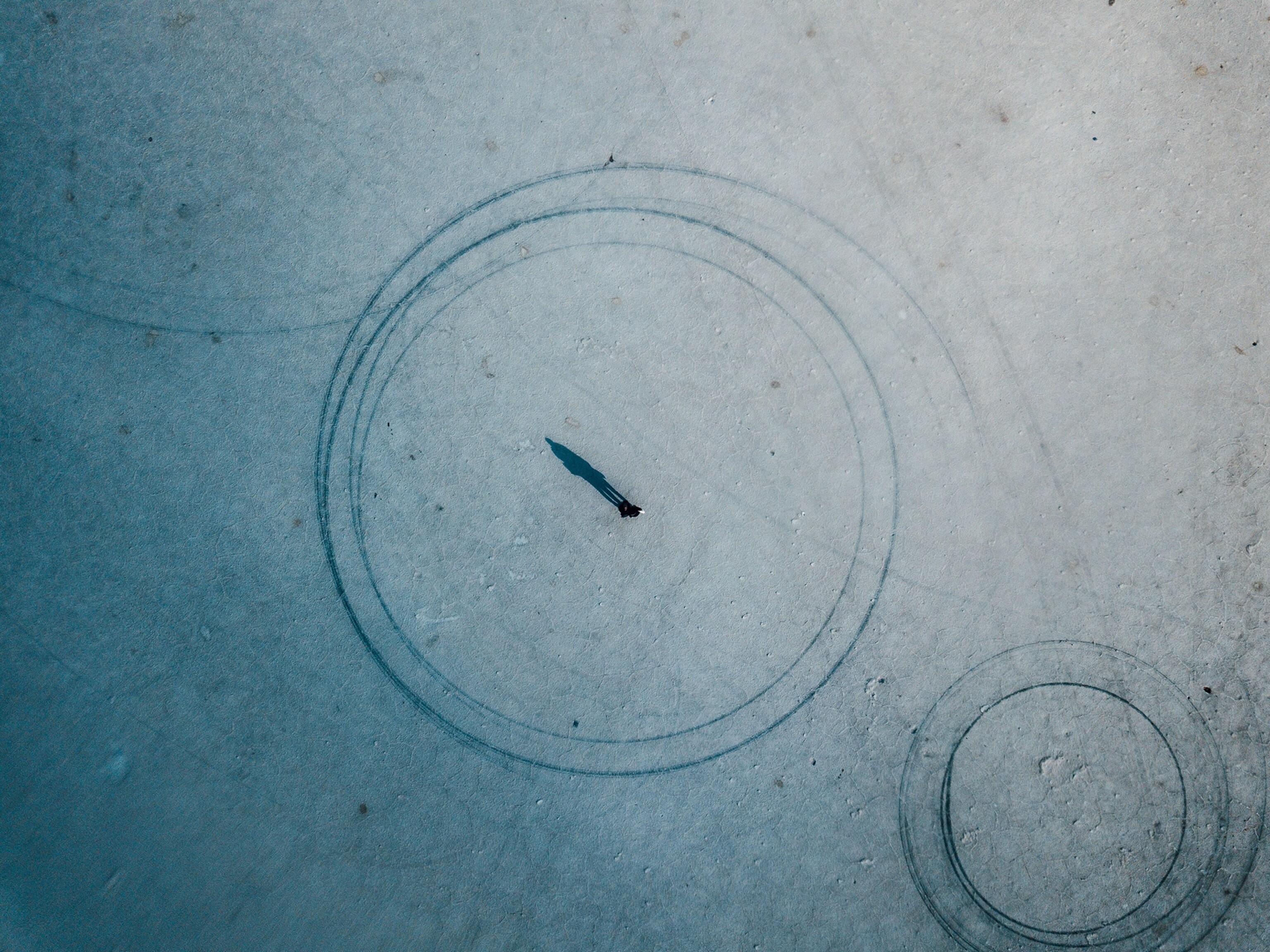
Prime Time
With the goal of traveling light, Flandre packed a camera and prime lenses for his adventure. “I am a big fan of prime lenses. They produce great images, but are not a popular choice when traveling for good reasons—having to change a lens while keeping it clean and not damage the sensor is hard.” Flandre suggests always pointing the camera sensor at the ground when changing lenses and tucking yourself under shelter from the elements—even if it’s just the cover of tree branches. And if unexpected rain arrives while you’re exploring? “Wrap your camera in a plastic bag—a quick fix that can save a lot of pain,” the photographer says.
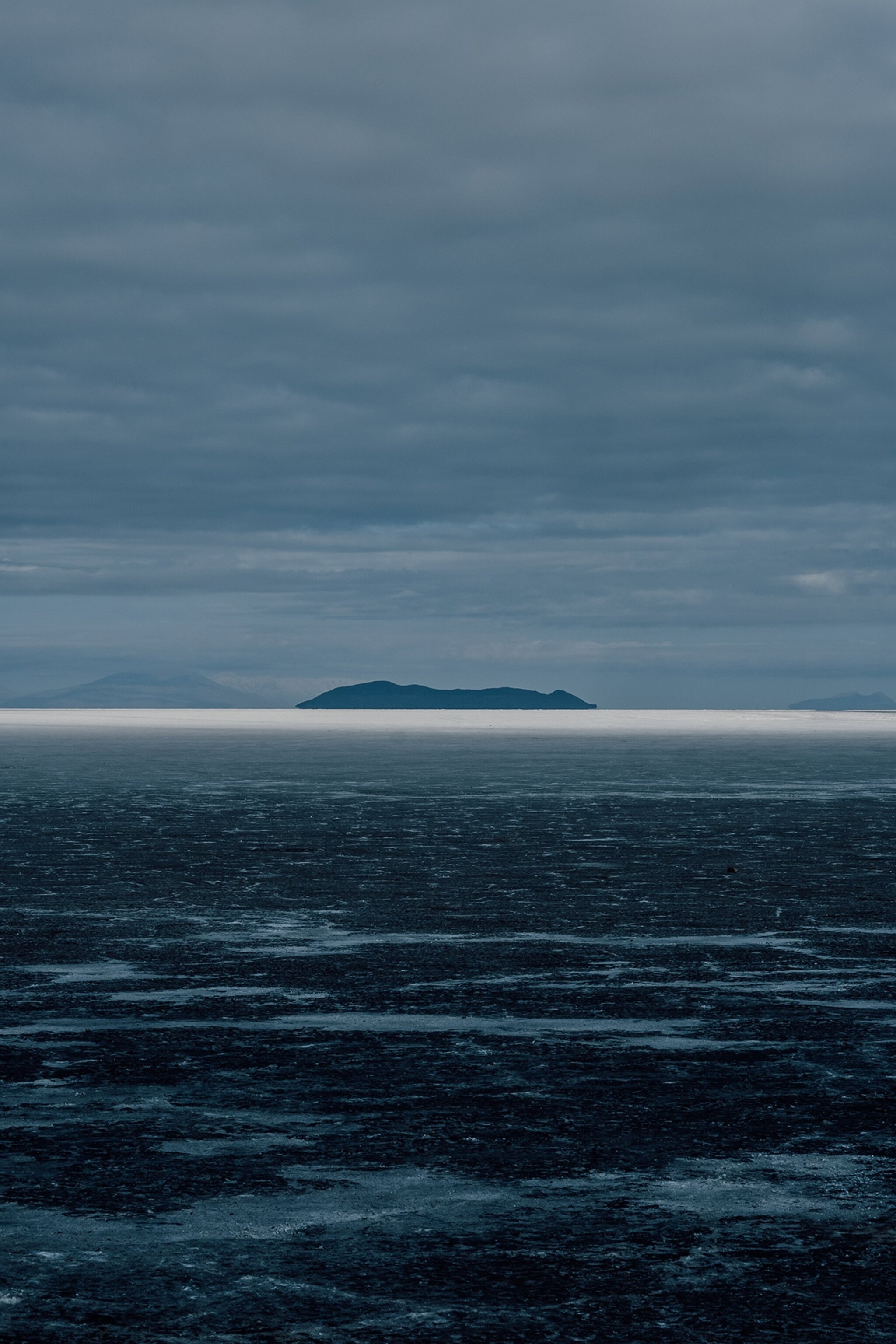
Go Further
Flandre has photographed professionally for four years, focusing on commercial food and street photography. To keep evolving, he pushes himself to take on new photographic challenges while traveling. “I'd encourage people to step out of their comfort zone and dare to go to remote places. It's always worth it! I have a different perspective every time I photograph my travels.”
See more of Guillaume Flandre's photography on his website and on Instagram at @gflandre.
